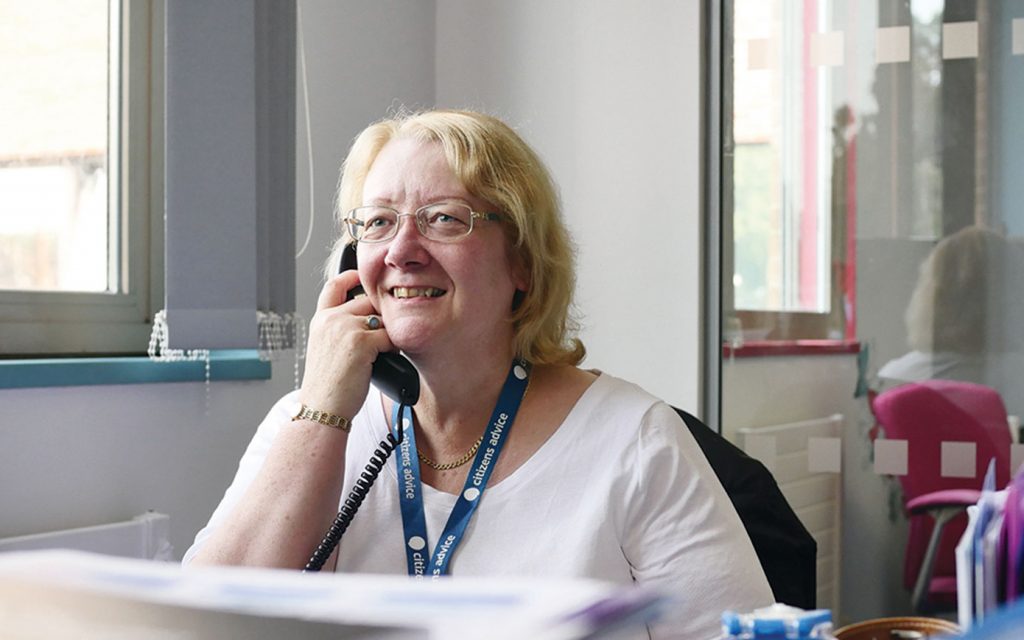Brain tumours, money and relationships
Even in the most open relationship, discussing money can be uncomfortable and can quickly become a source of conflict. This can become even more of an issue after a brain tumour diagnosis.
This page includes:
Brain tumours and money difficulties
Brain tumours and money difficulties
If you’re living with a brain tumour, it is likely that you may need to reduce your work hours, or stop work completely. Partners may also need to spend less time working due to extra caring responsibilities.
Whether those are short-term measures during treatment, or a permanent result of your diagnosis, couples can often find it harder to make ends meet.
There may also be extra costs that you hadn’t budgeted for, like accessibility equipment, adaptations to your home, or travelling to hospital appointments.

Expert benefits & money advice
Between April 2020 to March 2021, we were able to support 285 people through the service, helping them claim over £950,000 collectively.
As a result, it’s easy to get into money trouble or debt, especially whilst already dealing with other practical and emotional challenges, following a brain tumour diagnosis. This may put stress on your relationship.
Relate offers a wide range of content to help people who are experiencing relationship difficulties.
Changes in loved ones
We know that, sadly, some people in our community have seen changes in their loved ones that have led to them being violent or aggressive; although this is rare.
If you feel that you’re at risk of abuse, remember that there’s help and support available. This includes police response, online support, helplines, refuges and other services.
You are not alone!
Useful resources
This content has been created in partnership with Relate, the leading relationships charity in England and Wales. If you found this information useful, you might also find the following resources by Relate interesting:
In this section

This content has been created in partnership with Relate – the leading relationships charity in England and Wales.

Get support
If you need someone to talk to or advice on where to get help, our Support and Information team is available by phone, email or live-chat.